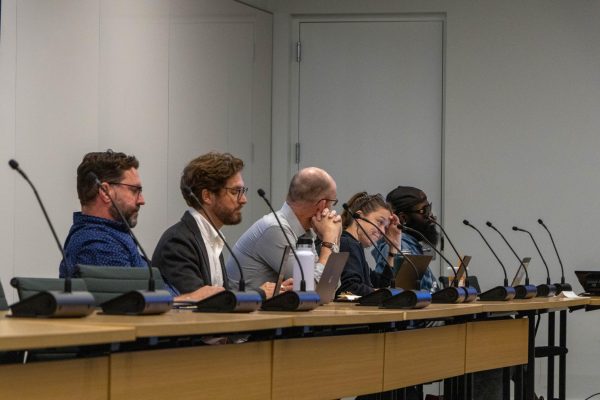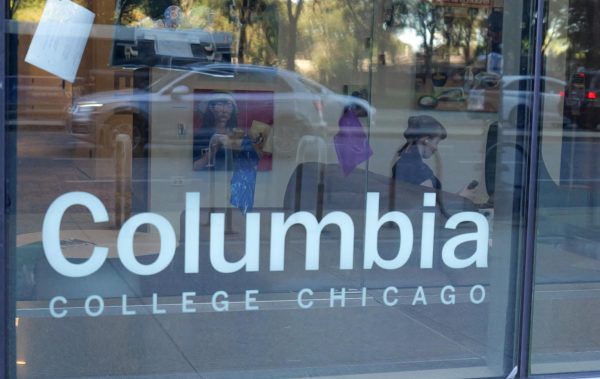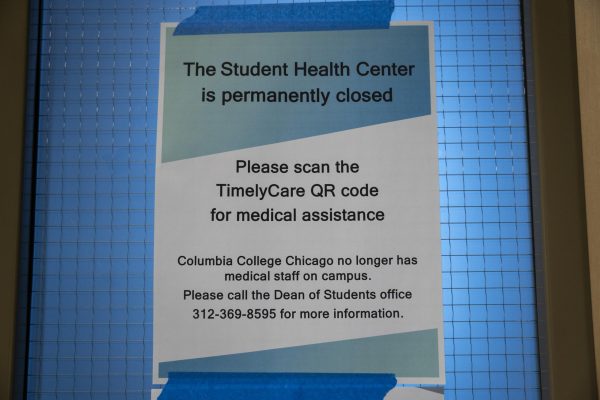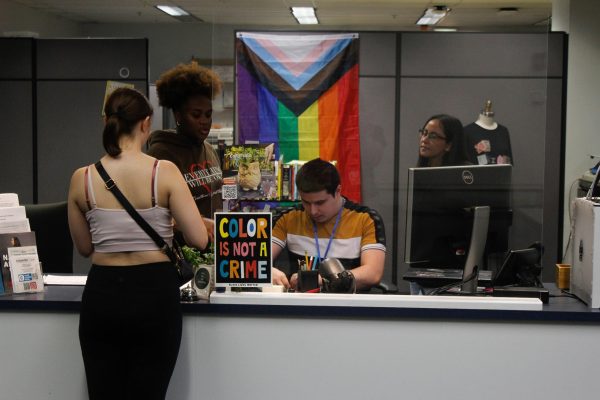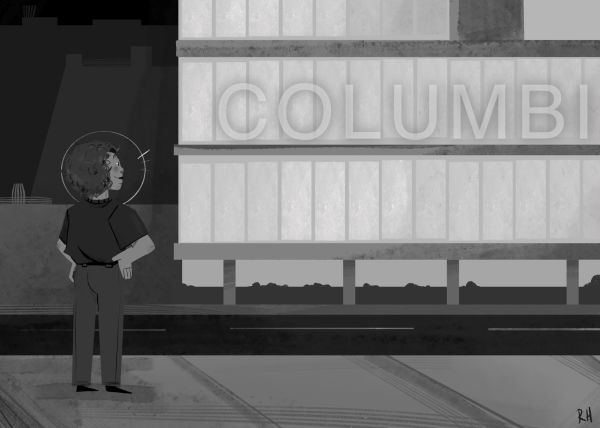Post-election support welcome but late
November 21, 2016
Following the results of the presidential election, students across the college experienced concern, uncertainty and fear, and many did not have anywhere to turn for support.
As a school with primarily liberal students, it is not surprising that the general college community would feel discouraged following the election of a conservative president, but this election was a special case because President-elect Donald Trump ran his campaign targeting minorities, LGBT people, disabled people and women—all groups represented in the Columbia community.
To support those students who were struggling with the election results, some professors and department chairs sent emails or reached out to students to show support in a difficult time, as reported Nov. 14 by The Chronicle. However, until the Monday following the Nov. 8 election, the college itself had not sent out a statement or noted the availability of counseling, as reported in the same article.
On Nov. 14, President and CEO Kwang-Wu Kim sent out an emailed statement to students, calling for the college community to support and respect each other. Later that day, a Student Health and Support event titled “A Room of Hope” scheduled for Nov. 17 was announced. The event was created so students could share messages of “hope” and “encouragement” and hear from Kim.
While those were positive measures taken to help students and boost morale at the college, something should have been done sooner. Other private colleges in the Chicagoland area—including Loyola University Chicago, Illinois Institute of Technology, DePaul University, Northwestern University and University of Chicago—sent out statements or had support sessions planned for students within several days of the election, according to multiple news sources.
DePaul’s Nov. 11 statement from Vice President of Student Affairs Eugene Zdziagrski asked students to be kind and take care of each other and provided two lists of college resources for students—one with mental health services and the other with safety resources.
Kim’s more personal election response took time to craft, but a more generic email like DePaul’s with resources for students could have been sent earlier to respond to the campus’ post-election morale drop. While even just receiving an email from Kim may have helped some students, the lateness questions the sincerity of the email and the college-hosted event.
Professors and chairs providing support for students is important and welcomed, but they are not experts in counseling, so it is the college’s responsibility to make sure proper resources are available and students are feeling cared for and safe on campus.
With declining enrollment, Columbia has to do whatever it can to retain students. The way to do that is by being pragmatic and looking after those students, especially those who are feeling at risk following the election, which is the majority of Columbia’s student body.


